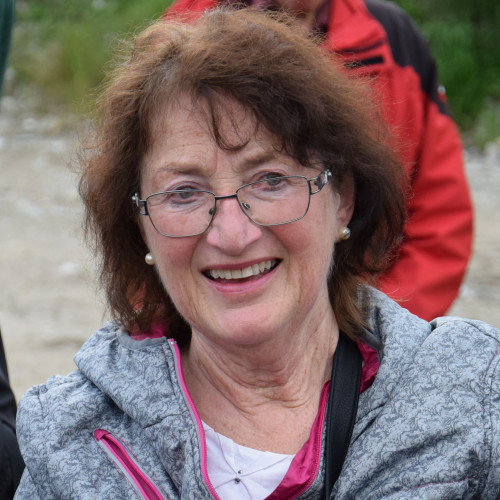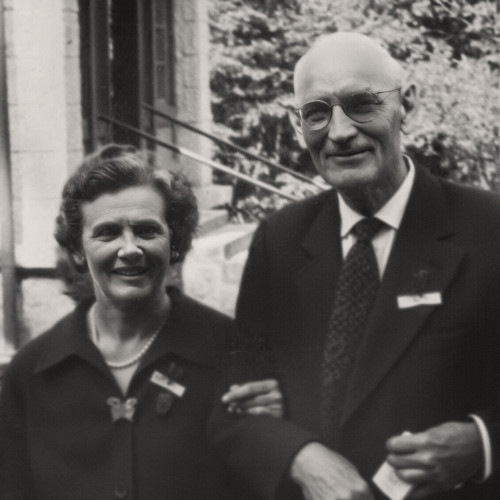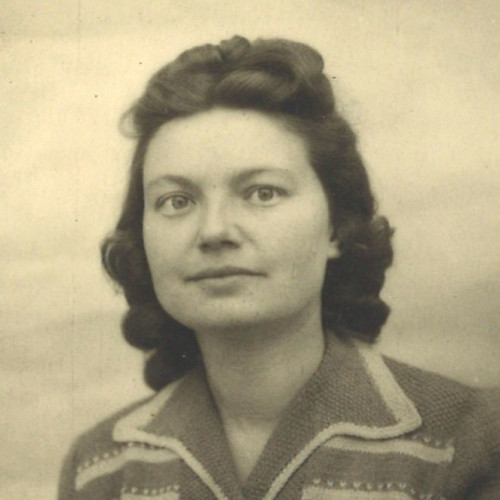Recipients - Person - Instytut Pileckiego
See also
- Martha Gammer (1947)

awarded
Martha Gammer (1947)
In the 1970s, few people knew that the tunnels excavated in the hills near Gusen were the result of slave labor by prisoners of the German Nazi concentration camp that existed there during the Second World War.
- Berta Ludvighová (1903–1983) Otto Ludvigh (1898–1987)

awarded
Berta Ludvighová (1903–1983) Otto Ludvigh (1898–1987)
The Kežmarok house was a unique location for Polish couriers and refugees: they could rest and recuperate there, eat a meal, or obtain necessary assistance.
- Anna Jelínková (1918–2009)

awarded
Anna Jelínková (1918–2009)
During the war the Jelíneks saved more than 40 people: the Jewish families of Fischer and Fronk, the Polish family of Siekierski, Feliks Zubkiewicz, whose loved ones were killed by the Ukrainian Insurgent Army, and the Ukrainian family of Lutsyuk.


